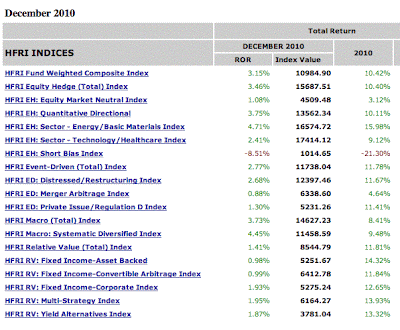I have long seen the advantages of managed futures funds. The best of managed futures funds companies seems to be Winton. I previously made an investment with Man-AHL. The fund hasn't made much money for us, but did much better in the financial crisis than most of my other investments. We have 0.80% of net worth invested in the fund. We also have some investment in commodities via GTAA. Another fund that hasn't done much of anything so far. Now I have made an initial investment in a Winton fund offering. The investment is 4.6% of net worth. This takes exposure to commodities out of net worth to 6.0% and out of gross assets 4.5%. The main downside to this fund is that in Australia it doesn't have any tax advantages compared to stocks, which have strong advantages. This means that this will likely remain a small diversifying investment until maybe one day I set up a self-managed super fund, which is a tax advantaged structure itself.
How does this fit into our overall investment strategy? Basically we have a 60/40 portfolio with 60% in stocks and 40% in other investments. Within the stocks 2/3 are planned to be Australian stocks and 1/3 foreign. Within those categories we also allocate to large and small cap Australian and to US and non-US stocks in proportion to their market capitalizations. In the 40% other we have allocations to: bonds, real estate, hedge funds, commodities, private equity, cash, and other. The whole portfolio is then levered to provide about a beta of 1 to the stock market and rebalanced on an ongoing basis. The leverage of a diversified portfolio is an idea from the risk parity approach. 60/40 is simply the traditional stock-bond ratio used for diversified portfolios, and we weight heavily to Australian stocks for tax reasons. Several of the supposedly non-stock investments are in fact Australian listed stocks that are listed investment companies pursuing alternative investment strategies. A lot of the leverage is obtained by investing in leveraged (geared) managed stock funds rather than using margin loans ourselves. We keep the actual margin loan quite small most of the time. This is because the interest rate we can get is much worse than what the funds can get. Interactive Brokers has much better interest rates, but they aren't giving loans to Australian investors at the moment. All this seems to me a reasonable strategy for a non-high net worth investor based in Australia.
How does this fit into our overall investment strategy? Basically we have a 60/40 portfolio with 60% in stocks and 40% in other investments. Within the stocks 2/3 are planned to be Australian stocks and 1/3 foreign. Within those categories we also allocate to large and small cap Australian and to US and non-US stocks in proportion to their market capitalizations. In the 40% other we have allocations to: bonds, real estate, hedge funds, commodities, private equity, cash, and other. The whole portfolio is then levered to provide about a beta of 1 to the stock market and rebalanced on an ongoing basis. The leverage of a diversified portfolio is an idea from the risk parity approach. 60/40 is simply the traditional stock-bond ratio used for diversified portfolios, and we weight heavily to Australian stocks for tax reasons. Several of the supposedly non-stock investments are in fact Australian listed stocks that are listed investment companies pursuing alternative investment strategies. A lot of the leverage is obtained by investing in leveraged (geared) managed stock funds rather than using margin loans ourselves. We keep the actual margin loan quite small most of the time. This is because the interest rate we can get is much worse than what the funds can get. Interactive Brokers has much better interest rates, but they aren't giving loans to Australian investors at the moment. All this seems to me a reasonable strategy for a non-high net worth investor based in Australia.



















